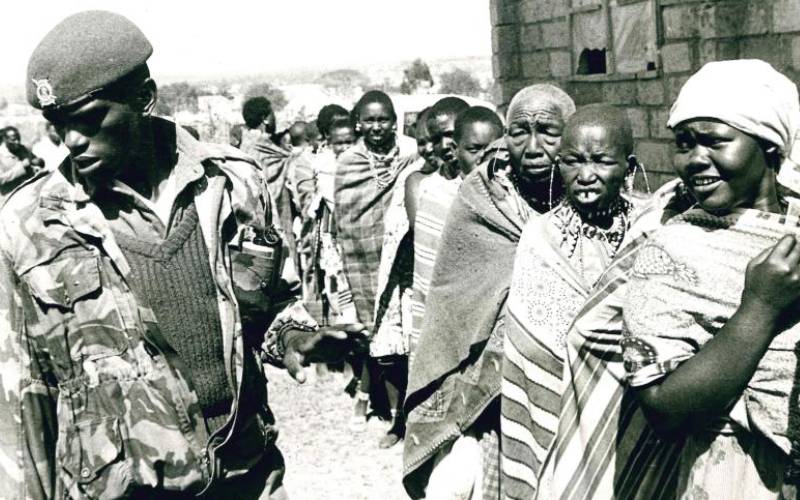×
The Standard e-Paper
Fearless, Trusted News

We got inured to permanent campaigns in 1992. [File, Standard]
David Remnick writes in the November 21 issue of The New Yorker that Americans are finally resigned to a permanent campaign. It is a rude welcome to Kenya, for the foremost global democracy. Traditionally, American democracy has been about how the country is ruled and access to opportunities.